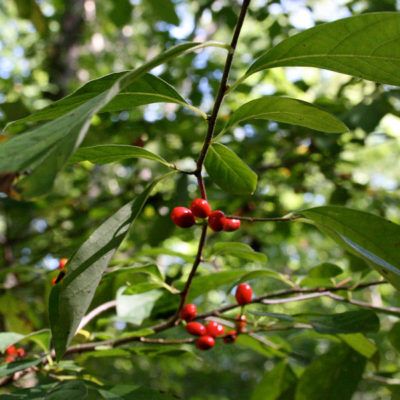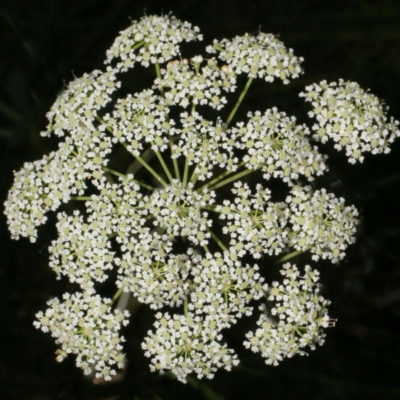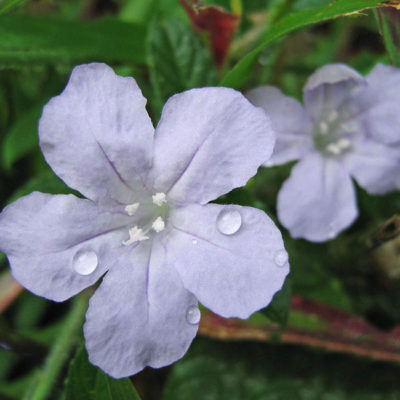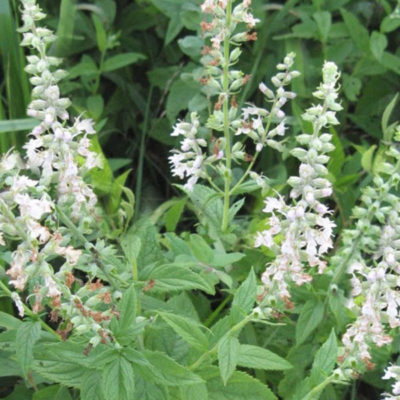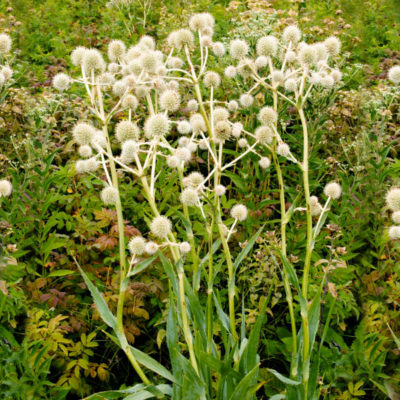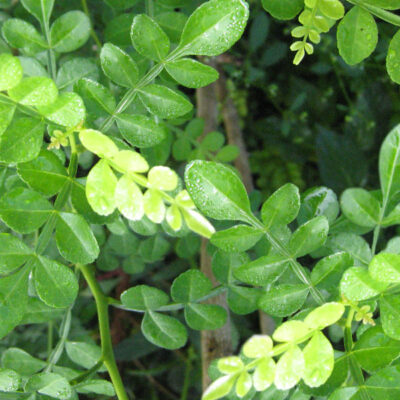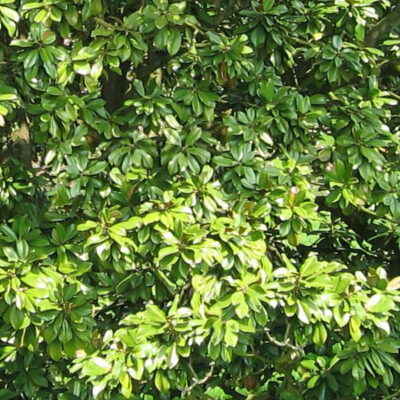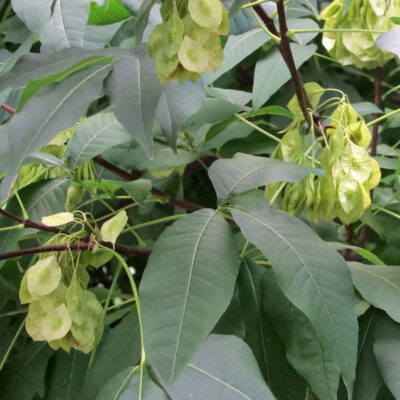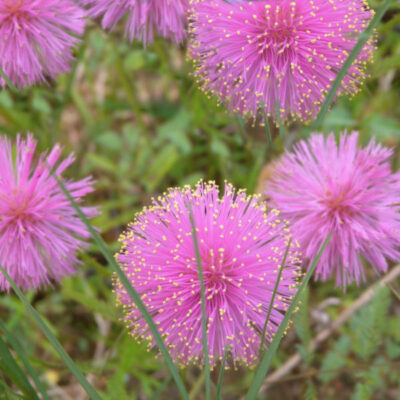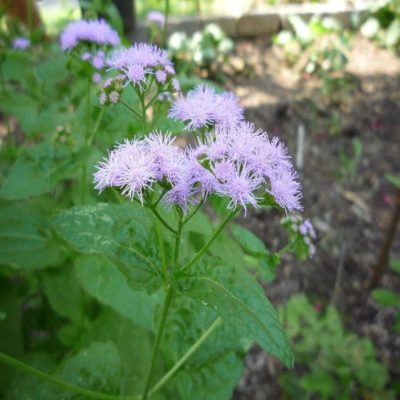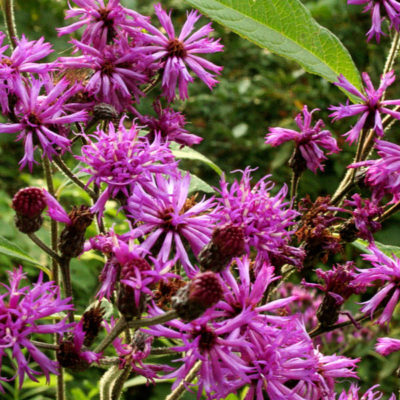Description
Prunus serotina
Also known as: Black Cherry, Rum Cherry, Mountain Black Cherry
A smorgasbord for wildlife, highly valuable food and nectar source. Deciduous cherry tree with attractive white flowers dangling, lace like blooms emerging after leaves in spring.
Attracting beneficial insects: native bees, bumble bees, and honey bees.
Birds:
Brown thrashers, American robins, Vireos blue jays, mockingbirds, eastern bluebirds, northern cardinals, woodpeckers, grosbeaks, sparrows, European starlings, gray catbirds, willow flycatchers, common crow, waxwings, and thrushes.
Animals:
Red foxes, raccoons, opossum, squirrels, rabbits and bears. Also important food source for wild turkeys, northern bobwhites, sharp tailed grouse, ruffed grouse. The leaves and twigs are eaten by white tail deer.
Companion Plants:
Sassafras, Red Maple, Sugar Maple, Tulip Yellow Poplar, American Elm, American Hornbeam, American Holly, Loblolly Pine, Eastern White Pine, Oaks, Hickories.
Yearly Foliage: Deciduous
Hardiness Zone: 4-9
Light: Sun, partial shade, shade
Mature Growth: 80 feet tall
Soil: Average, well drained, moist, dry, neutral to acidic.
Blooms: Spring
Wildlife: Nectar-insects, Nectar-butterflies, Nectar-bees
Larval Host Plant for: Viceroy, Eastern Swallowtail, Red Spotted Purple, Painted Lady, Cherry Gall Azure, Columbia Silkmoth, Promethea moth, Smalleyed Sphinx moth, Wild Cherry Sphinx moth, Spotted apatelodes, Band Tussock moth, Band edged prominent, New England Buck moth.
Plant Size when available: BARE ROOTED, 1 GALLON, 3 GALLON


